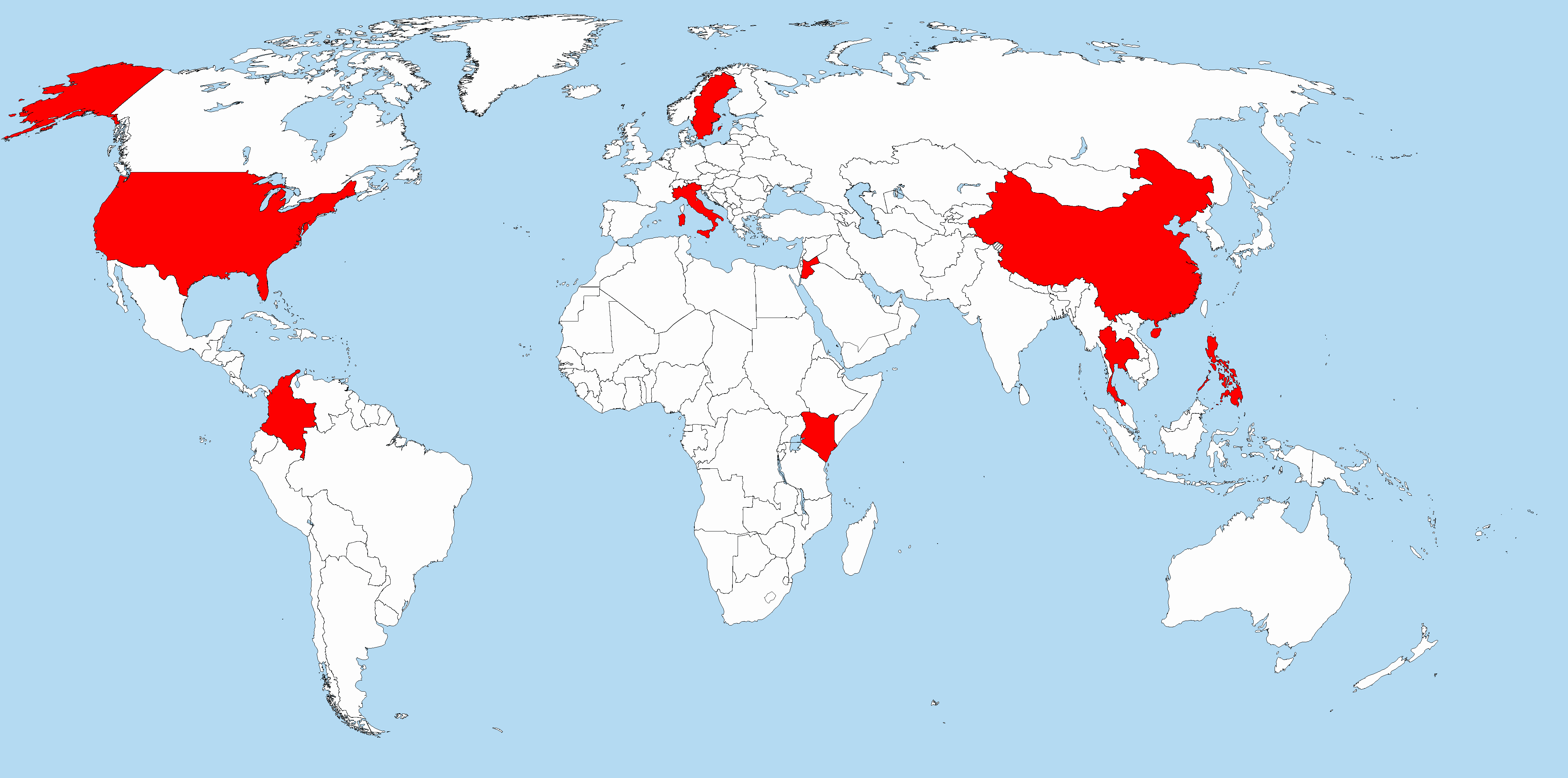It is widely agreed among experts in the study of adolescent health and development that the greatest threats to the well-being of young people in industrialized societies come from preventable and often self-inflicted causes, including automobile and other accidents, violence, drug and alcohol use, and sexual risk-taking. Although considerable progress has been made in the prevention and treatment of disease and chronic illness among this age group, similar gains have not been made with respect to reducing the morbidity and mortality that result from risky and reckless behavior.
This study utilizes the most culturally diverse sample ever assembled to provide an unprecedented opportunity to understand biological, familial, and cultural processes in the development of self-regulation and risk-taking. We aim to understand how risk-taking develops across adolescence as a function of biological maturation (puberty and age) and socialization (parenting and culture).
We have started the largest known prospective study of these processes by recruiting a sample of 1,417 8-year-olds and their mothers and fathers from 13 cultures (Jinan and Shanghai, China; Colombia; Naples and Rome, Italy; Jordan; Kenya; Philippines; Sweden; Thailand; and African, European, and Hispanic Americans in the United States). We have assessed families annually through interviews with mothers, fathers, and children about the parent-child relationship; the child’s adjustment; attitudes and beliefs; cultural values; and self-regulation among the children; We will also assess adolescents’ reward-seeking, self-regulation, social information processing, and risk-taking via a computerized battery administered at ages 12, 14, and 16. This work will alter theories of adolescent development and will shape interventions to prevent substance use and other risky behaviors.

